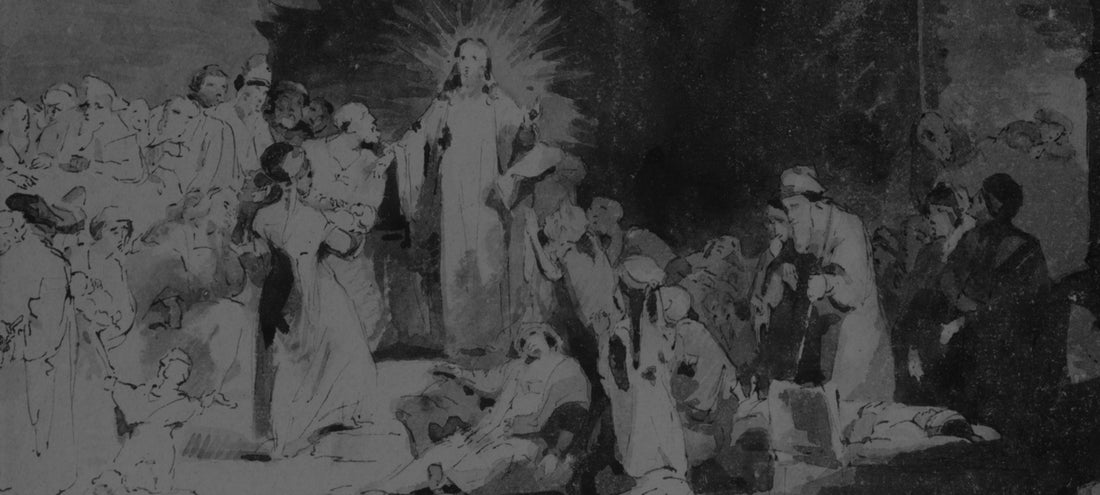“Ye reject the commandment of God, that ye may keep your own tradition.”
Public rebuke to the Pharisees
By inserting his own voice as the narrator, Mark separates Jesus’ teaching here into three paragraphs.
The first is about hypocrites, which was a common objection to these masters of the oral law. “Pharisee” is the Aramaic word for Persian, and the law in Zoroastrianism comes from 22 tracts that their priests must memorize from hearing them. All of it is oral, so it was natural to call Jews who studied the oral aspects of the law “Pharisee.” Zoroastrians do not recruit, but just as philosophy was imported into Greece from Persia because Plato’s stepfather was the Persian ambassador, some of the Persian rules about water crept into the Jewish oral law out of respect for the religion of Cyrus and Darius. However, the influence is minimal, because the oral law is never supposed to add or subtract from the laws of Moses that existed before Cyrus.
In Israel, water comes from wells and oases, and if one became polluted, then you could move onto another. Water in Persia was delivered through a gigantic system of interconnected tunnels running for hundreds of miles, but if a part was polluted, it could spread everywhere. It was stagnant most of the year. Moreover, the religion started in the mountains, and all water had to be stored behind a dam, and there are many archaic passages about not killing the beavers who made it. There are all kinds of rules about washing and keeping waste away from the pure. Zoroastrian priests have to dig a series of concentric drainage ditches before they can urinate. In the Pentateuch, with laws that go back to Egypt, however, the primary emphasis is on washing your feet, between your thighs, after menstruation, after sex, and washing your clothes. There is no specific law about just washing your hands, unless you are a priest who just beheaded a cow as a sacrifice. Pharisees, the real ones in Persia, washed their hands and even the outsides of their utensils. When Mark says “all the Jews” in 7.03, he just means Judeans, because those who fled to Egypt would not know any such law.
In the second paragraph, Jesus mentions non-Jewish traditions. Corban is supposed to be a donation to the temple, but in Zoroastrian culture, one could make a donation to the priests directly to say the nightly prayers just for oneself. Paul, who claims to be a Pharisee, does the same thing. Instead of giving money to the poor, Paul says, “Give it to me.”
Finally, in the last paragraph, Jesus and Zoroastrianism unite. Bad words and lies of any kind are a capital sin. These poison your heart.
Image: Christ Healing the Sick | Thomas Sully, 1810-20.
Courtesy of The Metropolitan Museum of Art.
